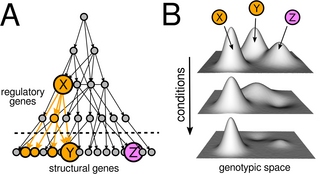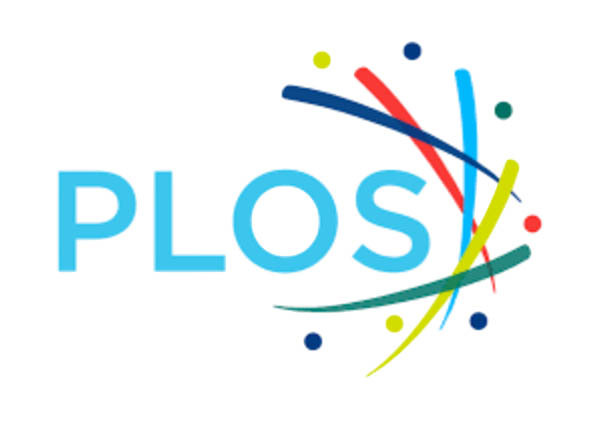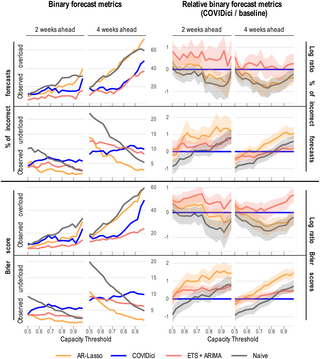https://www.europesays.com/us/103261/ Online Hate Speech Resembles Mental Health Disorder Language #ai #ArtificialIntelligence #BorderlinePersonalityDisorder #BPD #BrainResearch #ClusterBPersonalityDisorders #DeepLearning #HateSpeech #Health #MachineLearning #MentalHealth #NarcissisticPersonalityDisorder #neurobiology #Neuroscience #npd #PLOS #psychology #UnitedStates #UnitedStates #US
#plos
https://www.europesays.com/us/18643/ Short Naps Linked to “Aha” Moments and Creative Insight #BrainResearch #creativity #Health #napping #neurobiology #Neuroscience #OpenAccess #OpenScience #PLOS #Sleep #UnitedStates #UnitedStates #US
I sent @PLOS a mail with a fix for their #BibTeX style so that @misc entries (e.g. preprints) include a DOI (if any).
I always find it super frustrating when looking through a references list, then finding no DOI for an entry, when there definitely exists one - you see that the journal's bibliography style ignores DOIs for anything but @article etc. Don't really understand why.
Haven't had much success with other journals in this regard. We'll see if #PLOS is better
https://www.europesays.com/uk/118615/ Color Knowledge Tied to Language-Visual Brain Circuitry #BrainResearch #ColorMemory #Health #language #Memory #neurobiology #Neuroscience #OpenAccess #OpenScience #PLOS #UK #UnitedKingdom #VisualMemory #VisualNeuroscience #VisualProcessing
Man I do hate #PLOS's citation style with only these numbers. You don't see names, you don't see years, no context at all.
Contrary to ... expectations, evolution experiments with microbes recurrently show that the early stages of adaptation often proceed via large-effect, highly pleiotropic mutations [4,5].
Cool paper
#plos #plosbiology #regevolution #pleiotropy #nettwork evolution
Https://journals.plos.org/plosbiology/article?id=10.1371/journal.pbio.3002922

https://www.europesays.com/uk/897/ Protein Imbalance Triggers Autism-Like Behavior #ASD #Autism #BrainDevelopment #BrainResearch #DevelopmentalNeuroscience #Genetics #Health #neurobiology #neurodevelopment #Neuroscience #OpenAccess #OpenScience #PLOS #UK #UnitedKingdom
Oh that's fun; the Public Library of Science (#PLOS) is posting a job opening for a "fully remote/home-based" position — and those words are a quote from the ad — which also
...requires that you live in one of seven specific US states.
(All of which are on the eastern seaboard ... but not *all* of the eastern-seaboard states....)
Hashtag #Science !
Disappointed in PLOS ONE. Why do they allow this statement, but fail to check if it is actually true?
Everything is worrying at the moment but something I am wondering is if we should worry about the scientific publishers. Elsevier, Nature, #PLoS, maybe even #BiorXiv and others - is it possible that the US government forces them to either stop publishing, delete some or all of their published papers, or only accept papers that correspond to specific criteria?
Edited because I thought most of these were US-based but they are not.
Please tell me there is nothing to worry about on that front at least..
#Academia #Science #AcademicPublishing
#PLOS warnt vor neuen US-Executive Orders, die die wissenschaftliche #Freiheit und #Integrität gefährden könnten.
Einschränkungen bei #Forschungsthemen, Sprachvorgaben oder das Entfernen wissenschaftlicher Daten untergraben den Fortschritt.
PLOS betont, dass es keine Kompromisse bei der #Qualität und #Transparenz von #Forschung geben wird.

Update. "PLOS [@PLOS] statement on recent US Executive Orders and scientific integrity"
https://theplosblog.plos.org/2025/02/plos-statement-on-recent-us-executive-orders-and-scientific-integrity/
"We are deeply concerned about a range of recent US Executive Orders that collectively have the potential to dismantle the US scientific enterprise as it has existed for the past 70 years…We will not approve changes to terminology or removal of data that compromise the scientific accuracy of content. Requests to remove legitimate authors from manuscripts violate our authorship policies which are grounded in principles of credit, accountability and transparency…We are actively working to understand the evolving implications of these directives and the disruption they have brought…We remain dedicated to the advancement of #OpenScience."

#PLOS statement on recent US Executive Orders and scientific integrity
February 21, 2025
https://theplosblog.plos.org/2025/02/plos-statement-on-recent-us-executive-orders-and-scientific-integrity/ #science #trumpocalypse

https://next.ink/166421/sauver-les-donnees-du-climat-tant-quil-est-encore-temps
Les chercheurs et militants #écologistes américains ont peur d'une nouvelle suppression de #données concernant le #climat stockées par les agences publiques américaines alors que #Trump entame son deuxième mandat
En 2021 des chercheurs dans la revue scientifique #PLOS One, 20 % du site de l'EPA avait été supprimé. Notamment, la page qui rassemblait les ressources d'informations sur le changement climatique, le climat, les mesures d'atténuation et d'adaptation
India spends $715 million on academic journals, but with the wrong kind of open access
Numerous articles here on Walled Culture have chronicled the struggles to turn the aspirations of open access to knowledge into reality. The central reason people do not have free digital access to all academic knowledge is that publishers have been successful in subverting attempts to provide it. Publishers are strongly motivated to undermine open access, since its successful implementation […]
#apcs #businessModels #diamondOa #funders #gatesFoundation #goldOa #grants #india #openAccess #plos #profits
But the only reason I felt free to do that was that this was an invited review in a special issue. Else, we'd probably have decided to yield much more.
Recently, an *editor* at a #PLOS journal also suggested 3 refs (against explicit PLOS policy) including 2 of their own which were very marginally relevant. My co-authors urged me to comply, which I did for one of the two.
#peerReview #scientificPublishing
3/3
Digital Preservation: PLOS Partners with CLOCKSS to Safeguard its Journals https://www.infodocket.com/2024/11/07/digital-preservation-plos-partners-with-clockss-to-safeguard-its-journals/ #CLOCKSS #PLOS #scholcomm
L'éditeur #PLOS lance un projet ambitieux visant à explorer de nouvelles solutions pour sortir d’un système basé essentiellement sur les articles et sur les #APC
#OpenAccess #PolitiqueDesEditeurs
https://scholarlykitchen.sspnet.org/2024/10/08/ploss-next-big-thing/

Watching with interest:
https://plos.org/redefining-publishing/
"Grounded in equity and price transparency, our goal [at #PLOS, @PLOS] is to develop a sustainable, non-APC [#DiamondOA] business model for all research outputs in collaboration with funders, libraries, and scientific institutions. This business model aims to be a catalyst for a global shift away from #APCs, enabling greater participation in #OpenScience and paving the way toward long-term sustainability."

The final version of our #article on real-time #SarsCoV2 #monitoring in France in 2021 is now published at #PLoS #computational #biology
Thanks again to Corentin Boennec and Alex Massey for their enourmous work!


